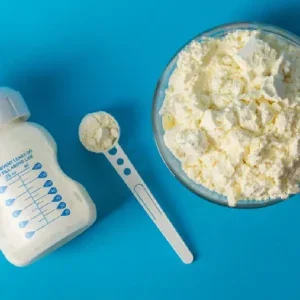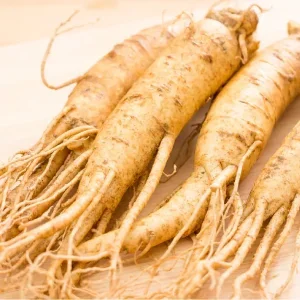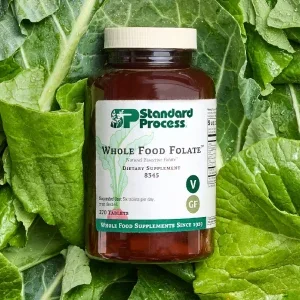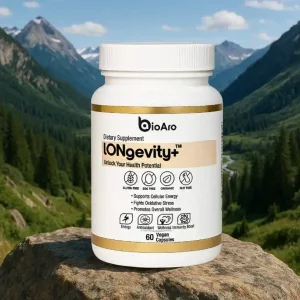
A new paper published in JAMA Network Open has overestimated and exaggerated the liver injury risk of several herbal dietary supplements in the US, according to the American Botanical Council (ABC).
The paper estimates the percentage of US adults using six botanical dietary supplements associated with hepatotoxicity.
These supplements include ashwagandha, black cohosh, garcinia, green tea, red yeast rice, and turmeric.
The data is primarily from the National Health and Nutrition Examination Survey (NHANES) for 2017-2020.
The article notes that liver injury from herbal dietary supplements (HDS) rose from 7% of all medication-induced liver injuries in 2004/2005 to 20% in 2013, based on Drug Induced Liver Injury Network (DILIN) data.
However, it does not mention that there were only 136 HDS-induced liver injury cases over the decade, including 45 linked to bodybuilding products containing illegal anabolic steroids, ABC said.
The nonprofit organisation highlighted that case reports for each of the six botanicals are minimal compared to the estimated number of users.
Additionally, these case reports involve dietary supplements along with ashwagandha products such as herbal jams, syrups, and powders with unclear composition from unbranded sellers in local Indian markets.
ABC said the manuscript contains inaccuracies besides exaggerating hepatotoxicity risks. It incorrectly states the number of HDS users.
Another key issue is the reported number of people in the US exposed to potentially liver-toxic botanicals.
Additionally, the American Botanical Council claimed that the authors do not provide a comparison of the hepatotoxicity risk of botanical ingredients versus over-the-counter (OTC) and prescription medications. Without this comparison, it’s hard to assess the potential harm of these ingredients.
Furthermore, ABC said the authors incorrectly claim that the dietary supplement industry is mostly unregulated.
In counter, the organisation said dietary supplements must follow federal regulations, including good manufacturing practices and quality testing.
ABC chief science officer Stefan Gafner said: “In my opinion, the main issue is that the paper implies that 15 million US adults are exposed to potentially hepatotoxic botanicals.
“This sounds like a huge problem, even if the actual risk of liver injury from the six botanicals in question is low.
“The authors provide some information to support the hepatotoxic potential of botanicals, but these data are provided without proper context and suggest that the risk of liver injury is much greater than it actually is.”






